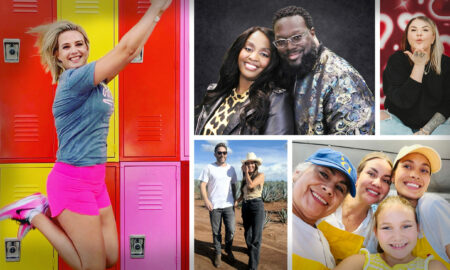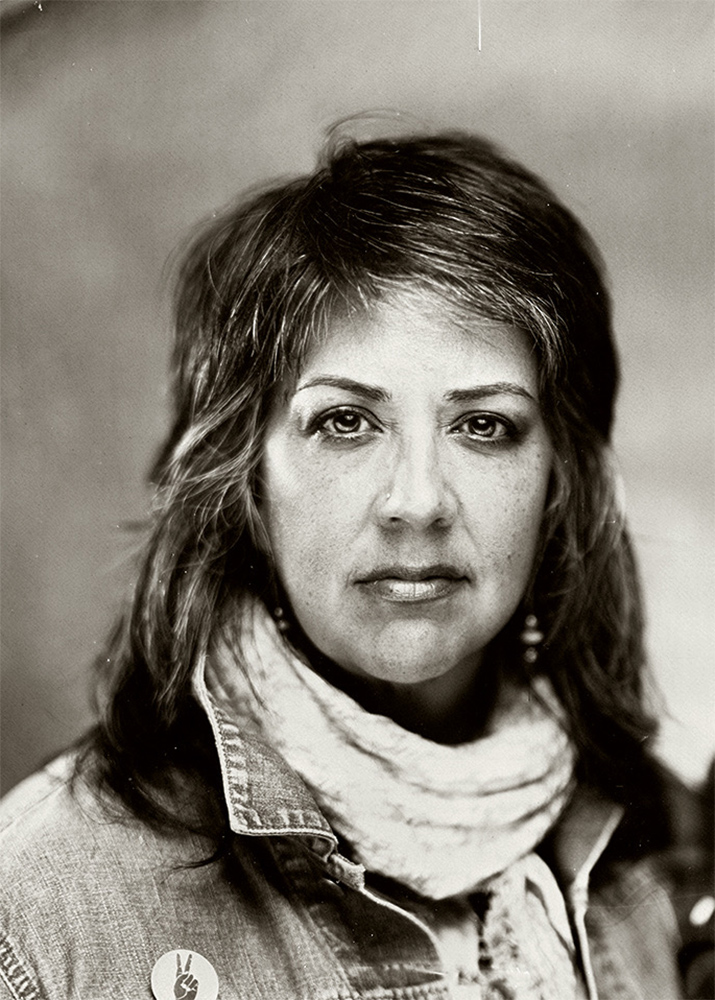

Alexandra Robinson shared their story and experiences with us recently and you can find our conversation below.
Alexandra, it’s always a pleasure to learn from you and your journey. Let’s start with a bit of a warmup: What makes you lose track of time—and find yourself again?
Being in the art studio or physically moving my body are two ways in which I lose time. The studio is a place of extreme challenge and high-level skill; I don’t always have a consistent practice during the academic year, but I aim to be there as much as possible. Because my life is in incremental tasks of work and family, the studio becomes a place to reset and quiet my mind. This also happens when I’m lifting weights. During the last year I focused on getting back into the gym, relearning and gaining confidence in movements I was familiar with but hadn’t used in many years. It was intimidating and challenging but rewarding all the same. Integrating the gym and the studio as essential parts in a well lived life is hard and I am always looking for methods to make each a regular occurrence. The link between the studio and the gym is body and mind. The relationship provides an innate trust, an assuredness of push and pull – knowing where my body is in space, how much force to use when doing a task. I enjoy the studio and the gym and if I am present in mind and body, I am able to accomplish quite a lot and leave feeling clear of mind.
Can you briefly introduce yourself and share what makes you or your brand unique?
My name is Alexandra, and I am an artist, educator, parent, and spouse. The order of importance changes as needed. As a visual artist I am interested in the overlooked, misunderstood or unknown. My practice focuses on understanding what it means to be Mexican American by using history and language to explore and question. I am particularly interested in images and documents from the early years of the United States that seemed aspirational yet marginalized and subjected people to placelessness, and violence.
I have been an educator for almost 25 years. I enjoy working with young people to enhance their curiosity, physical and critical thinking skills, and provide methodologies of inquiry so that they can ultimately go off to be an artist and/or person that contributes to society in a meaningful way.
Currently, I am working on projects in the studio using phrases and song. At work, my goals are to support and create pathways of success for my colleagues and to challenge and encourage my students.
Thanks for sharing that. Would love to go back in time and hear about how your past might have impacted who you are today. Who taught you the most about work?
My father taught me most about work. In my opinion, integrity was the thing that mattered most to my dad. It affects how you start, work on and finish a job. It determines how you work in a group, how you ask for help or give it, and how you treat yourself and others. Integrity also provides a framework for walking away or recognizing with whom to work.
When you were sad or scared as a child, what helped?
New things and the unknown are scary. I know that in the doing I am most comfortable, so I just have to start but often the starting is the hardest part. We moved a lot as a kid, we wouldn’t know where and we often started a new school in the middle of a school year. The ritual of packing up and unpacking became a coping mechanism. We also got to carry a small backpack (I still have this little backpack) of essentials to help the transition – a notebook and drawing materials, a favorite blanket, bouncy balls, a camera, snacks, and trinkets. Today that translates into prepping the work area, setting deadlines, gathering materials, making time for tasks and then just starting.
So a lot of these questions go deep, but if you are open to it, we’ve got a few more questions that we’d love to get your take on. What are the biggest lies your industry tells itself?
The biggest lie my industry tells itself is that the best art/artist is what is getting attention. There are many factors that go into success. It isn’t simply that you make great art. Sometimes it is the curator’s perspective, the gallerists interest, the market of your region, the people you know, your own ability to network, your ability to network and use it to your advantage. These factors have nothing to do with your craft and skill. Some of the best art/artists I know are missing the extrovert button that will help capitalize on their ideas, this is also true for the inverse. In teaching, the biggest lie is that one goes to university to get an education – to learn, think critically and be curious. I wish. There are too many external factors that circumvent an education to instead meet industry and political needs. I do not know what university education will look like in the next 10 years, but it will be more difficult to attain, be accessible to an increasingly smaller contingency of student, have an ever-increasing cost and have a funding source with increased political pressures that affect academic freedom.
Okay, we’ve made it essentially to the end. One last question before you go. What will you regret not doing?
I will regret not trying for the things I care about.
Contact Info:
- Website: https://www.alexandrarobinsonart.com
- Instagram: https://www.instagram.com/alxrob/?hl=en
- Soundcloud: https://soundcloud.com/alxrob
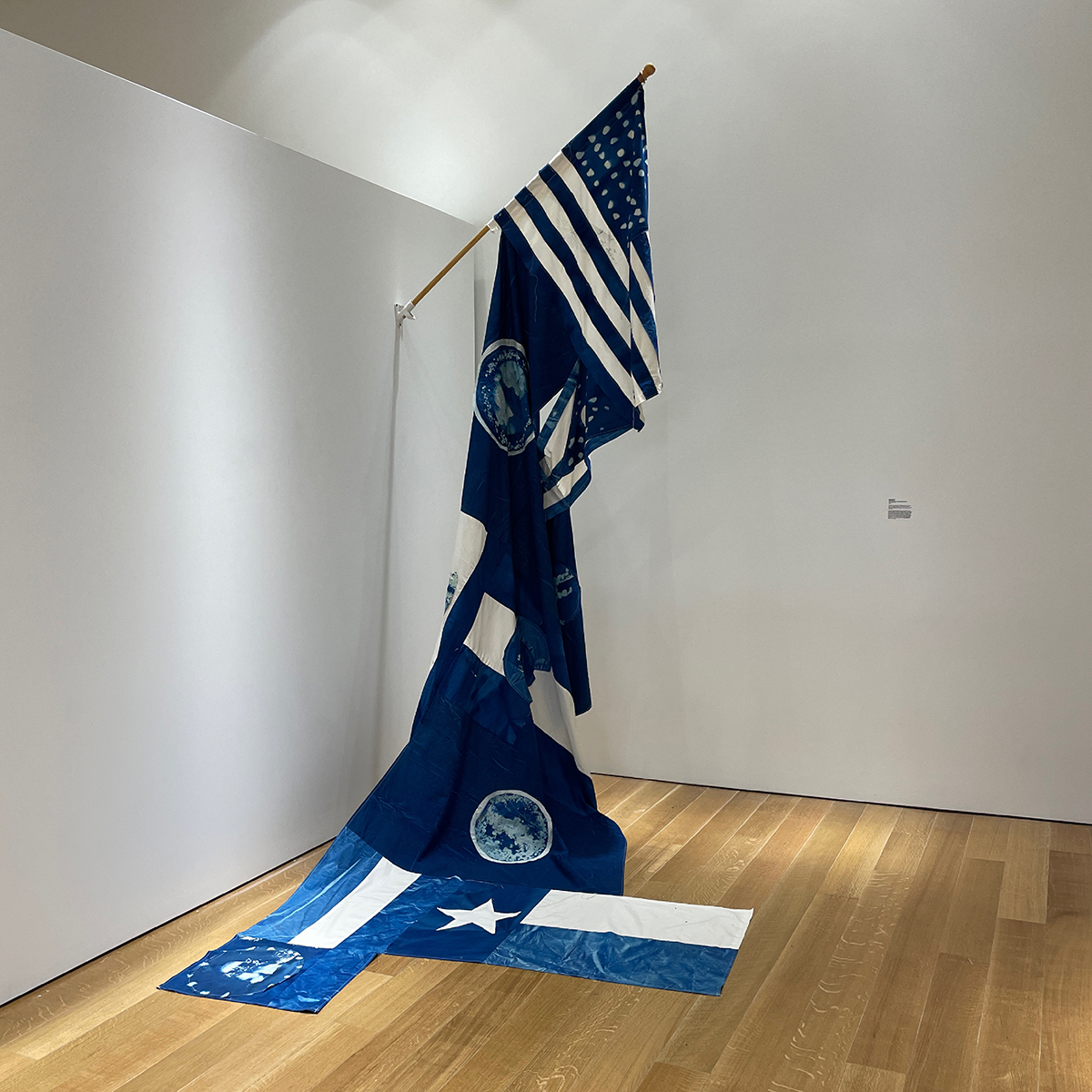
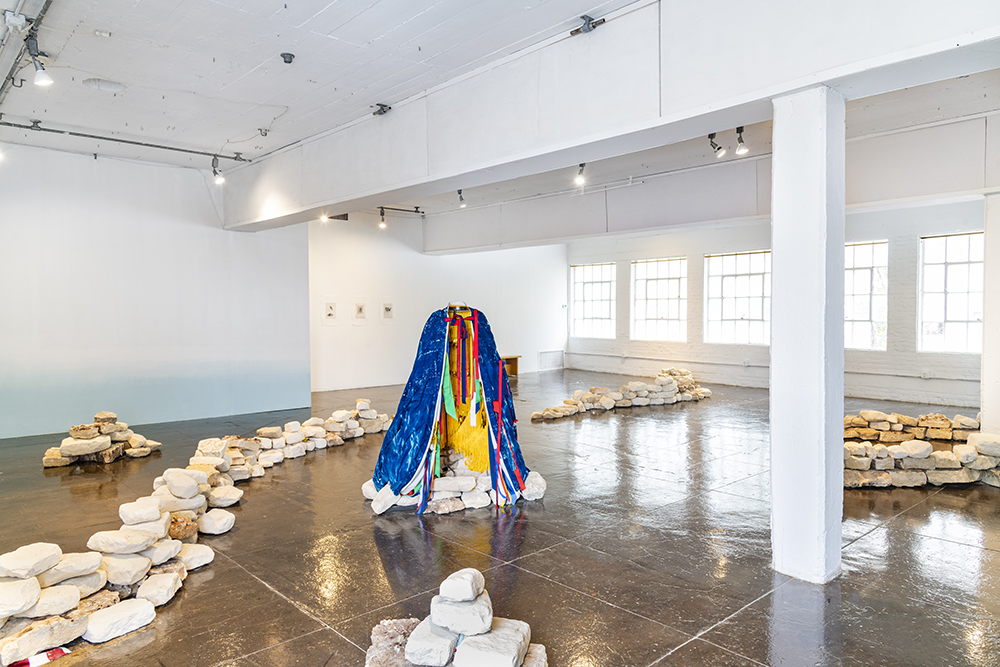
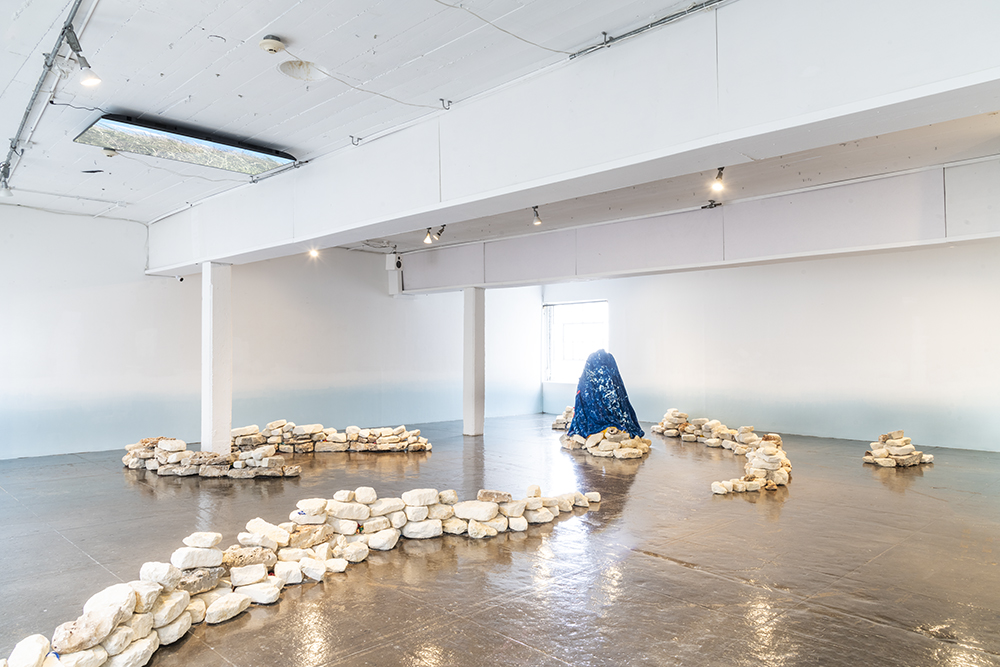
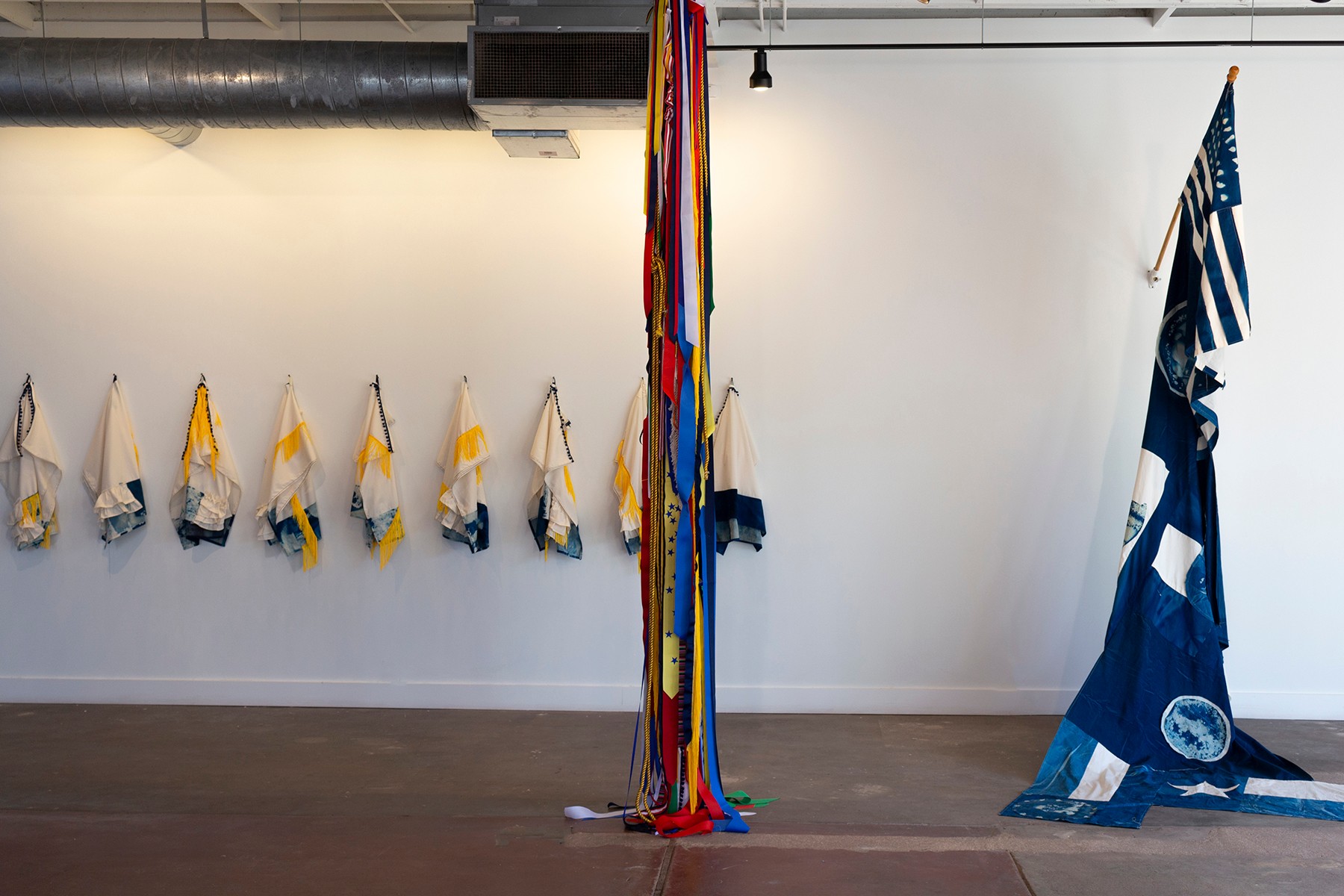
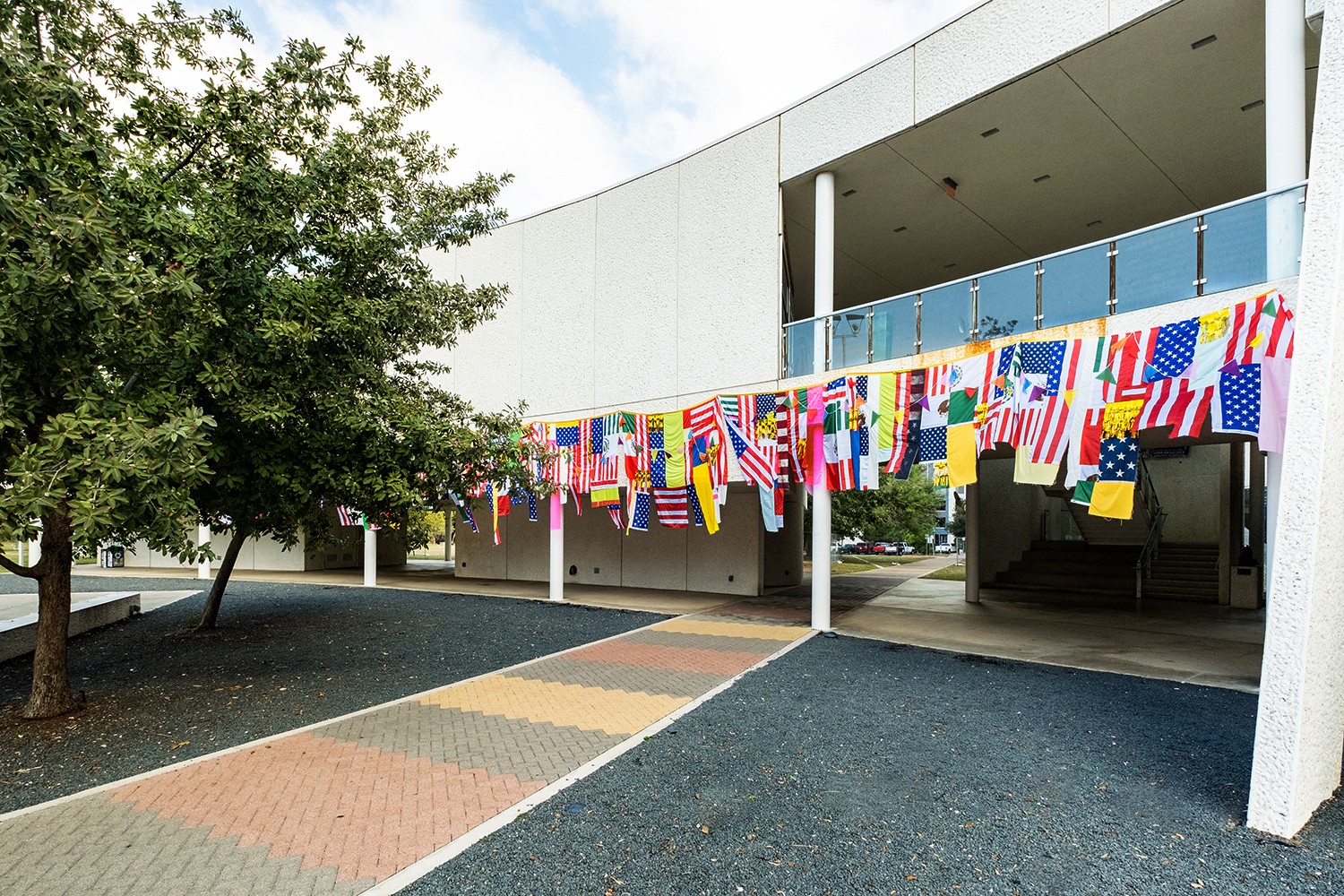
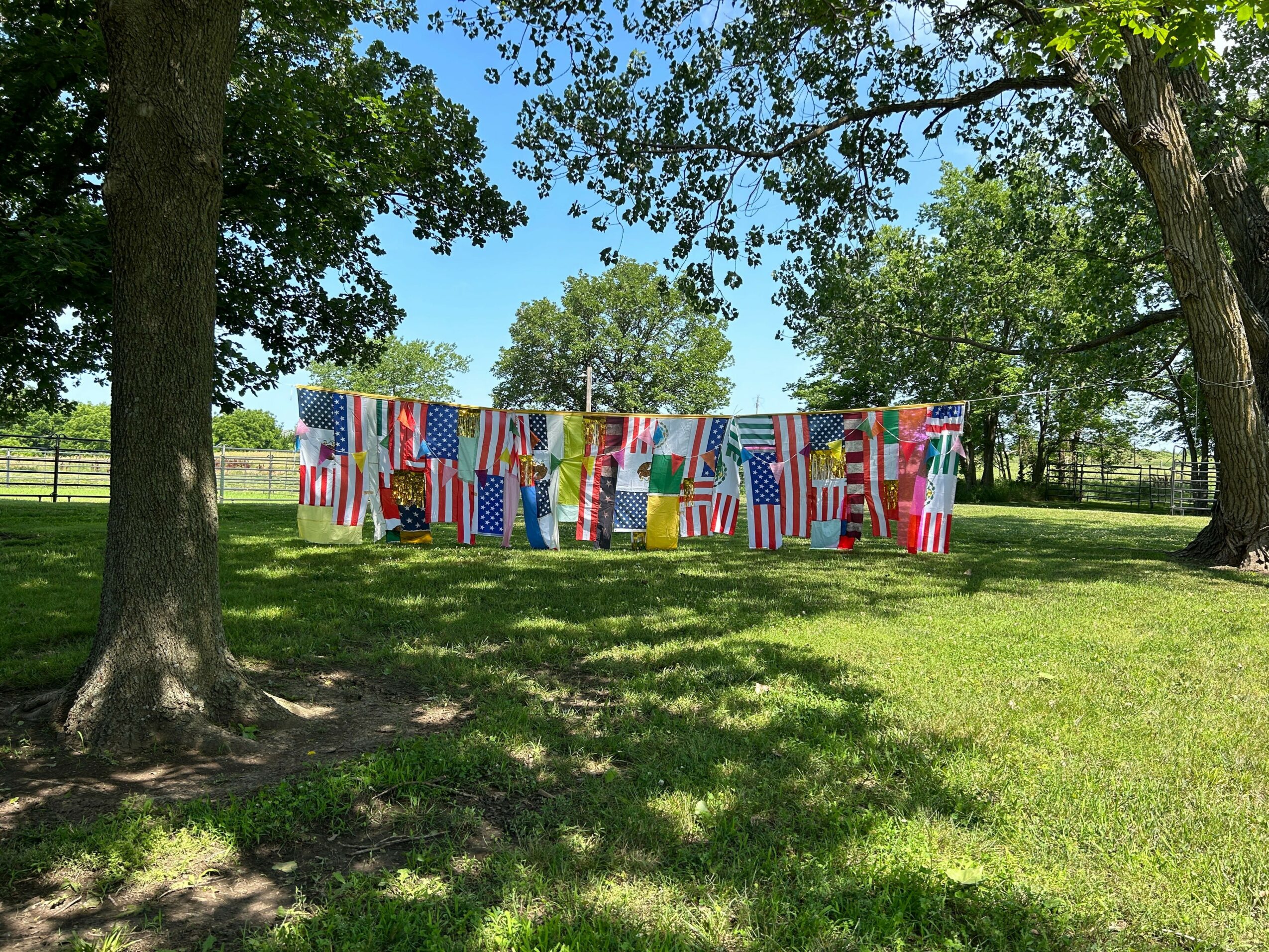
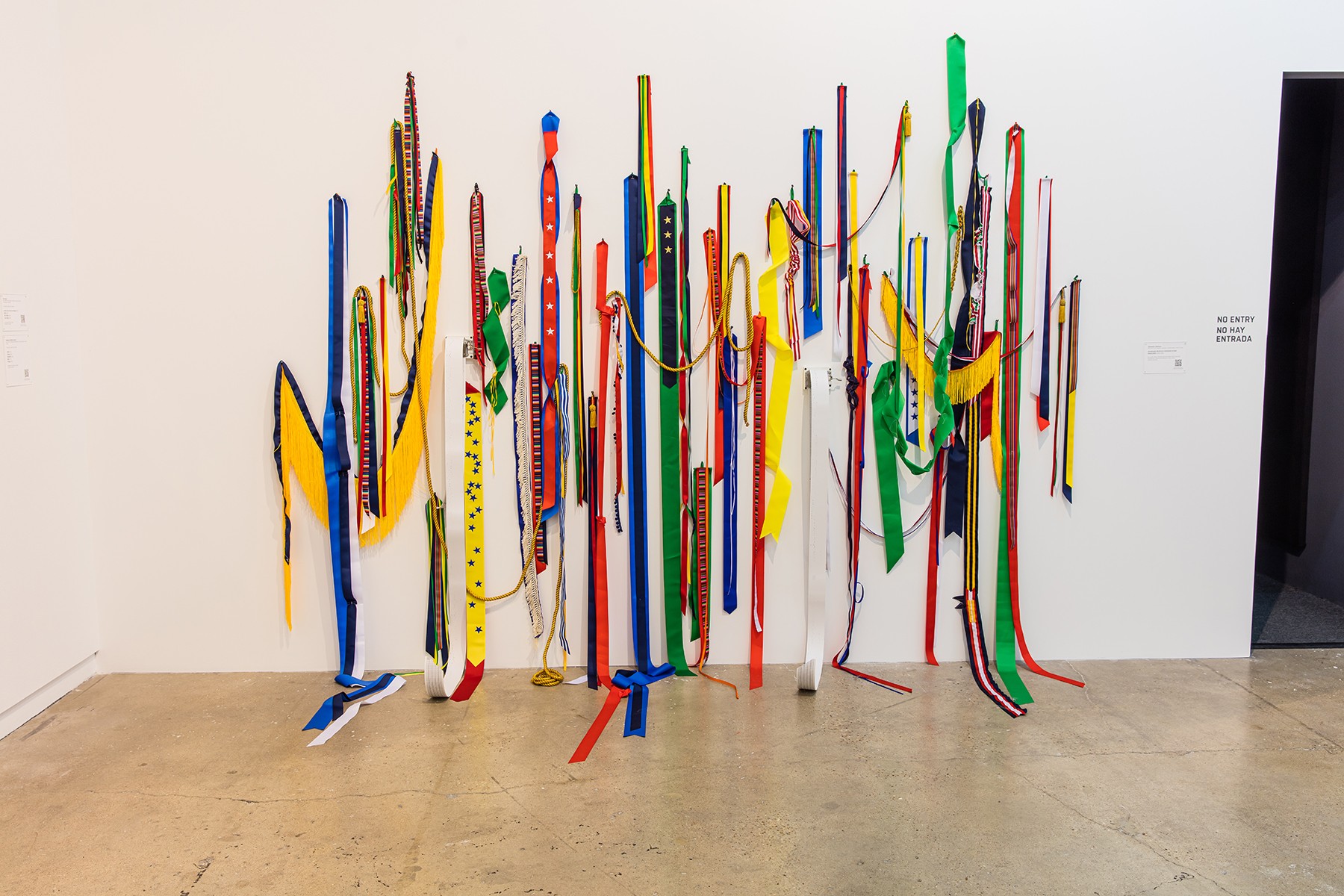
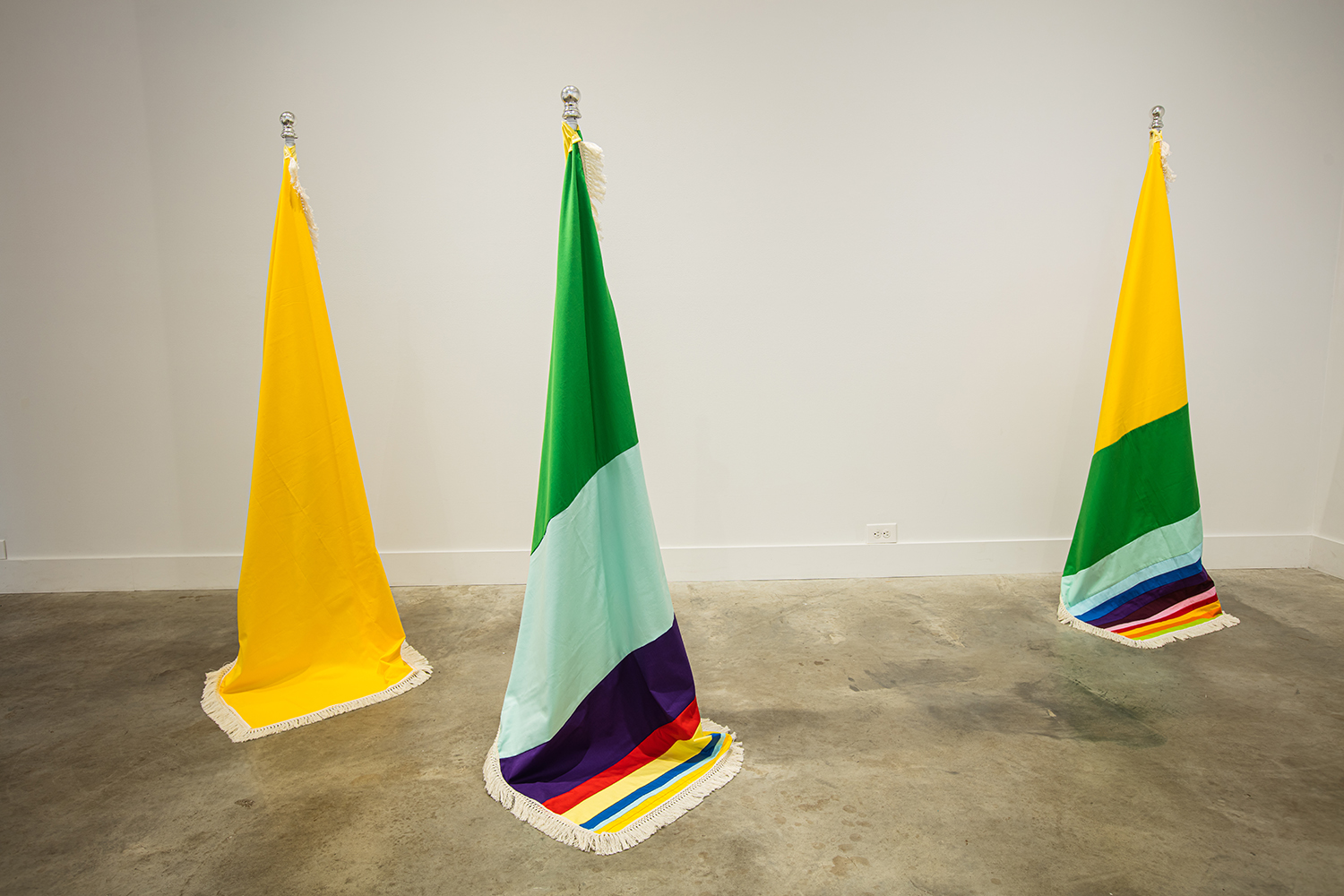
Image Credits
Artist portrait made by Lumiere Tintype. All other images curtesy of. the artist.

